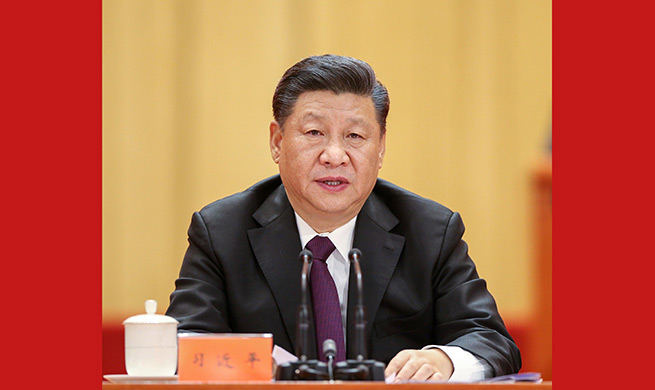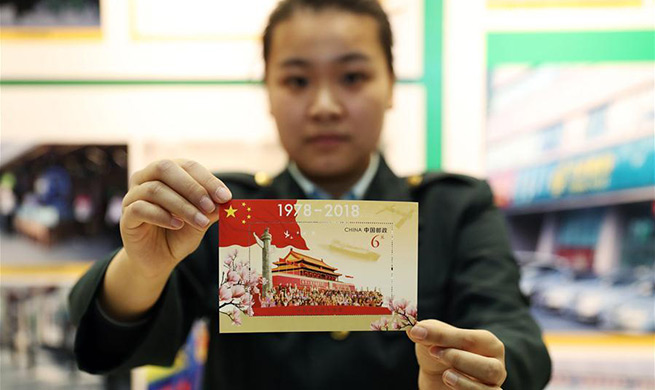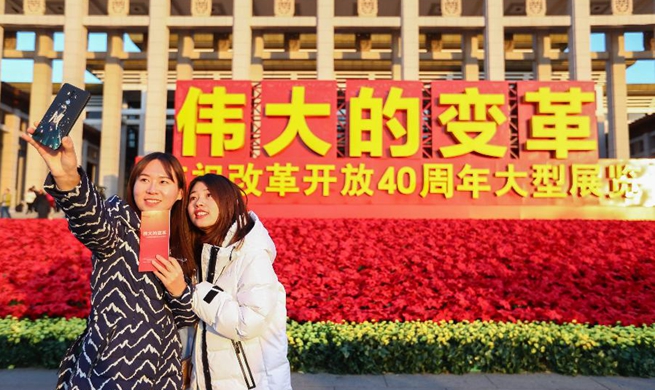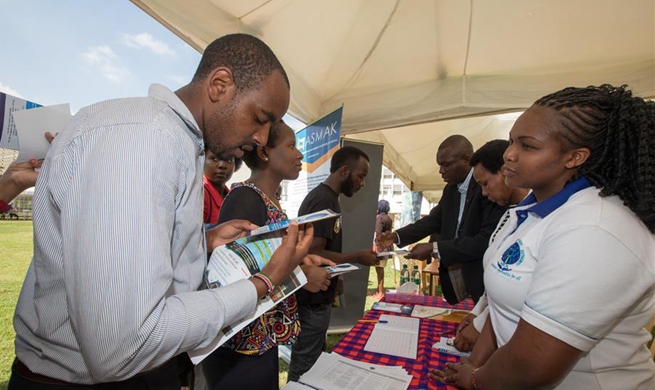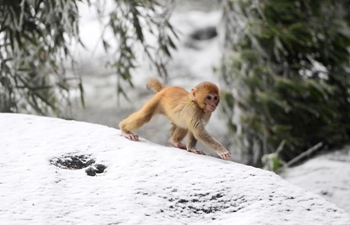LONDON, Dec. 18 (Xinhua) -- Nature on Tuesday announced its ten persons of the year that stood at the center of the biggest stories in science, from discoveries about superconductivity to a highly criticized effort to edit human genes.
Physicist Yuan Cao was only 21 when he helped discover a trick to make graphene capable of conducting electricity without resistance, a finding that launched a new area of physics and might lead to more efficient energy use and transportation.
Palaeogeneticist Viviane Slon helped make one of this year's most surprising discoveries when she and her colleagues sequenced DNA from a 90,000-year-old bone, and found it came from the offspring of a union between a Neanderthal mother and a father from the extinct human group known as Denisovans.
Climate researcher Valerie Masson-Delmotte played a key role in the stark report from the Intergovernmental Panel on Climate Change, which warned nations might have only a dozen years before the globe's temperature reaches a point that would transform ecosystems and destroy many coral reefs.
Bee Yin Yeo, Malaysia's Minister of Energy, Science, Technology, Environment and Climate Change is featured for leading environmental efforts to reduce single-use plastics.
Physicist Jess Wade made news through her remarkable efforts to raise the profile of women and people of color in science, including by writing hundreds of Wikipedia entries for female scientists.
Robert-Jan Smits sent waves in science publishing by launching Plan S, a bold effort to make more scientific papers open access.
Open data was also central to the work of Barbara Rae-Venter, who used public genome data to help identify the Golden State killer, who committed multiple murders in California during the 1970s and 1980s.
Another data set preoccupied astronomer Anthony Brown, whose team coordinated the release of a massive trove of information from the Gaia spacecraft, which has tracked more than a billion stars. That data set is quickly transforming our understanding of how the Milky Way has evolved.
Makoto Yoshikawa led the Hayabusa 2 mission at the Japan Aerospace Exploration Agency to visit a dumpling-shaped asteroid to collect samples and then return them to Earth.










